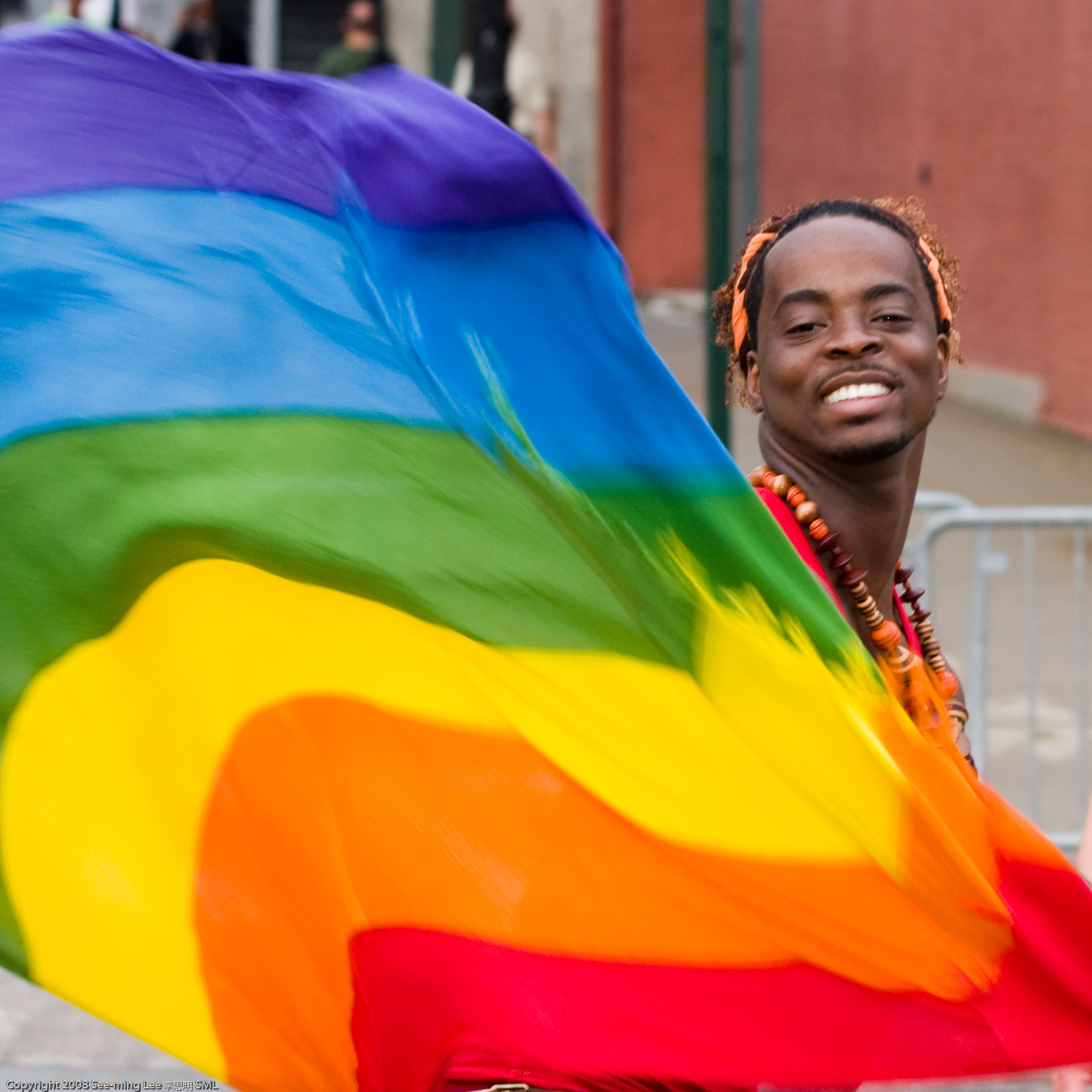
If you’re reading this, you probably take your eyesight for granted. Imagine what it would be like to lose your vision, after relying on your eyes all your life. It feels nearly impossible to fathom, yet this is what happened several years ago to Ashish Goyal, a trader at JPMorgan in London.
A happy child at age 9, he realized he couldn’t see all the lines in his school notebooks, and he was having difficulty recognizing faces. Afflicted with retinitis pigmentosa, a genetic condition that leads to blindness, he struggled to deal with this newfound physical challenge. “What was I to tell people? ‘Sometimes I can see you, sometimes not?'” By the time he was 22, he could make out only light and shadows, which remains true today.
Because of his blindness, as a young adult he considered working for his father, a real estate developer. With encouragement from his mother, however, he pursued formal education in business. After earning his degree, many employers turned him away once they learned he was blind. At one point, frustrated, he told a recruiter “I’m blind. Do you still want to talk to me or not?” Exposing his truth near the beginning of the recruiting process may have been a turning point. “They asked whether I could do the job. I said I think I can, and I was hired.”
While he likely didn’t define himself by his blindness, if others were going to, they would be better off knowing of Goyal’s vision impairment as soon as possible. The freedom to open up about the complexities of his abilities in part led him to JPMorgan, where he helps manage billions of dollars exposed to market risk.
At the financial services firm he uses screen-reading software to read e-mail, reports, and presentations. The audio speed is so fast it would sound like gibberish to the uninitiated. When he needs to read graphs, a regular occurence, Goyal pores over the data and works to imagine the graph — an asset when it comes to analyzing risk. A colleague has said “Ashish looks at where things are now and just follows the news flow. He’s not blinded by the graphs.”
Coming out at work as one who is losing her eyesight takes a significant amount of self-awareness, and strength. The more you’re grounded in the reality of your diminishing vision, the better you can communicate what you’re experiencing, and what sort of accomodation you need to continue doing your work. Your transition from identifying as sighted to your new identity as one who’s blind may be full of uncertainty, confusion, and fear, and the conversations you have with colleagues on the subject may be awkward, at first. Yet just think: if you can work through this challenge, what obstacle can’t you overcome? Right, we can’t think of any either.
There are other conditions that cause gradual and irreversible loss of eyesight, with many corresponding online resources. The Birdshot Uveitis Society is one such support network for folks with, well, birdshot uveitis.
Beyond his professional work, Goyal takes tango lessons and plays cricket, albeit with a bigger ball that makes sound. We’re reminded of the concept of hedonic adaptation, which postulates that people can return to a stable level of happiness after a setback in their lives. More than stably happy, Goyal seems to be thriving fully.
Have you lost any of your abilities at work? How have you managed?
Image via
 , when queer folks and allies come together in the name of pride and the pursuit of equality, inside and outside of the workplace.
, when queer folks and allies come together in the name of pride and the pursuit of equality, inside and outside of the workplace.

